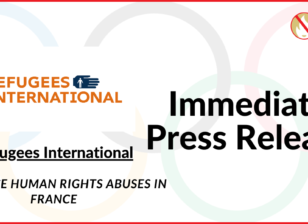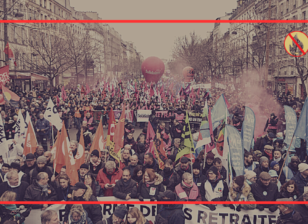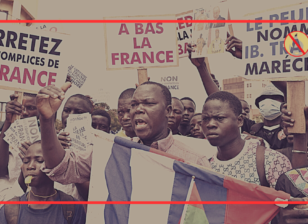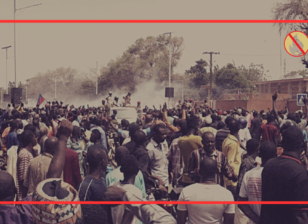Analysis: Modern Colonizer: How France Still Controls Central & West Africa?
While explaining the nitty gritty of modern colonization, Martin Luther King Jr. once expressed, “Neo-colonialism is the subtle yet persistent form of domination, where economic, political, and cultural power is exercised by powerful nations over weaker ones.” With the view to that context, this analysis endeavors to explore the ways that are used by France to maintain its influence and domination over its former colonies in Central and West African regions. It also highlights the contemporary manifestations of colonization focused on recourse exploitation in terms of economic hegemony, undue influence through politics, and cultural imposition. Understanding these factors is pivotal to getting to the conclusion of whether France can be called a modern colonizer or not.
Historical Overview:
France’s continued influence in Central and West Africa through colonial presence can be seen from the historical as well as contemporary perspective. France exerted control over resources and populations in these regions through territorial expansion and establishing colonies. Local governance structures and traditional societies are disrupted by such assimilationist policies. After decolonization, France maintained post-colonial relationships through a complex network known as Franafrique, which continued its influence over former African colonies.
Economic Hegemony:
Gaining economic dominance is the primary strategy of France for retaining control over its former colonial territories. For instance, a currency tied to the Euro, known as the CFA Franc currency, is used in eight West African countries, and six Central African countries. It ensures the reliance on France in terms of economy for countries in Central and West Africa. By imposing such influence, France has control over the monetary policy, reserves, and economic well-being of these countries. France has been massively criticized for its perpetuating monitory imperialism for using such tactics to influence these countries.
Political Interference:
It has been observed that France consistently interferes in the political matters of Central and Western countries of Africa in order to protect its own interests. It skillfully arranges the appointments of leaders in these countries who agree with the agenda proposed by France. France has been seen as creating a favorable environment for its economic and strategic ambitions by manipulating the political landscape in Central and Western Africa through covert operations. In this context, historical ties, economic leverage, and diplomatic skills provide advantages for negotiations, which means that leaders who align with French interests play a central role. Moreover, in some cases, military intervention is used to weaken or dismiss leaders who stand against France’s dominance. These interventions are often described by France as attempts to maintain peace or stability in these regions.
Resource Exploitation:
As Central and Western countries of Africa are rich in natural resources ranging from oil and minerals to timer that enormously attract French multinational firms. These firms exploit the region’s resources and cultivate relationships with local elites with the help of the French government. It should be noted that France’s grip on the region is reinforced by this economic exploitation, which perpetuates a cycle of dependency. However, contrary to this, China and Russia are increasing their influence in the region, while France’s influence is declining. French companies will have to fight for a stake in Africa’s increasingly competitive markets. Undoubtedly, these developments will bring even dire repercussions for these regions.
Cultural Imposition:
France also tries to impose its cultural influence in Central and West Africa. France erodes local identities and replaces them with its own by imposing French culture, traditions, and values. For example, the aggressive promotion of the French language solidifies linguistic control and exploits the indigenous languages in these regions. On the other hand, France prioritizes implementing its education systems in these regions to ensure the long-lasting influence of France by shaping the younger generation to uphold French ideals. Similarly, France uses its massive media campaigns to export its arts and culture which further erodes local customs and traditions of Africa. Consequently, France secures control over key sectors and ensures loyalty to its interests by assimilating the local population into a Francophile elite.
On the Whole
In a nutshell, France’s long-standing influence over Central and Western African regions denotes the practice of modern colonialism. France maintains control and perpetuates the cycle of dependence in these regions through economic dominance, political intervention, resource development, and cultural coercion. Decidedly, it is important to recognize and address neo-colonial practices in order to promote self-determination and independence in the region. Without a doubt, by supporting the development of Central and West African countries, we can try to build a more equitable global order, eliminate the long-term impact of contemporary colonialism, and promote a future of equality and harmony.





